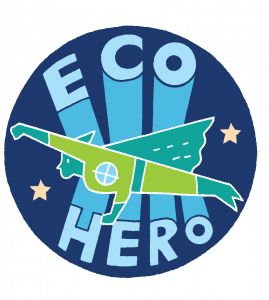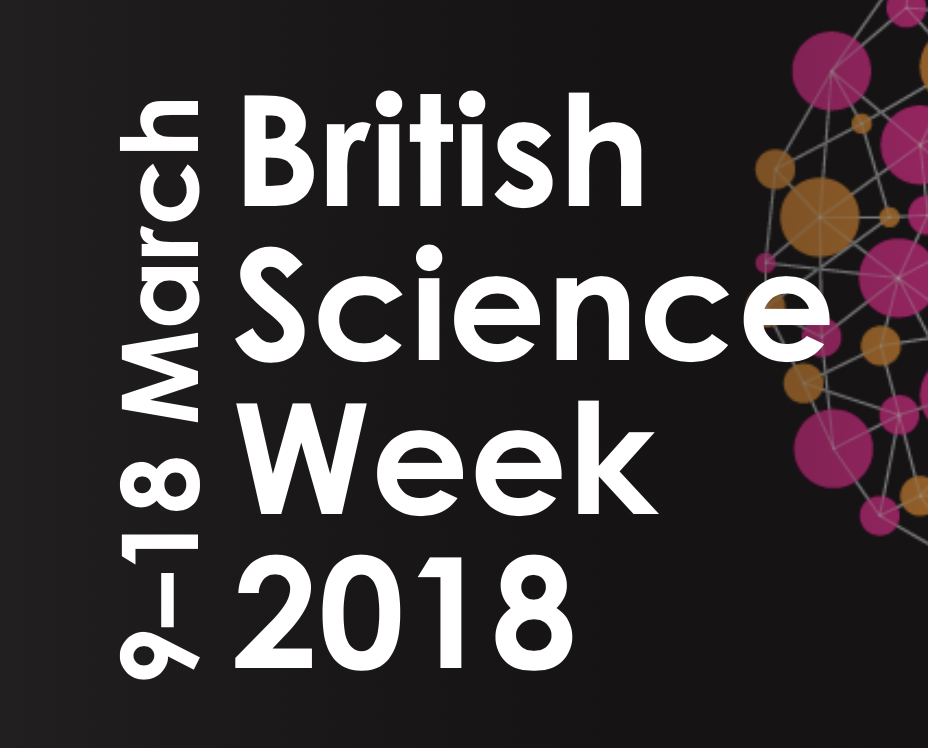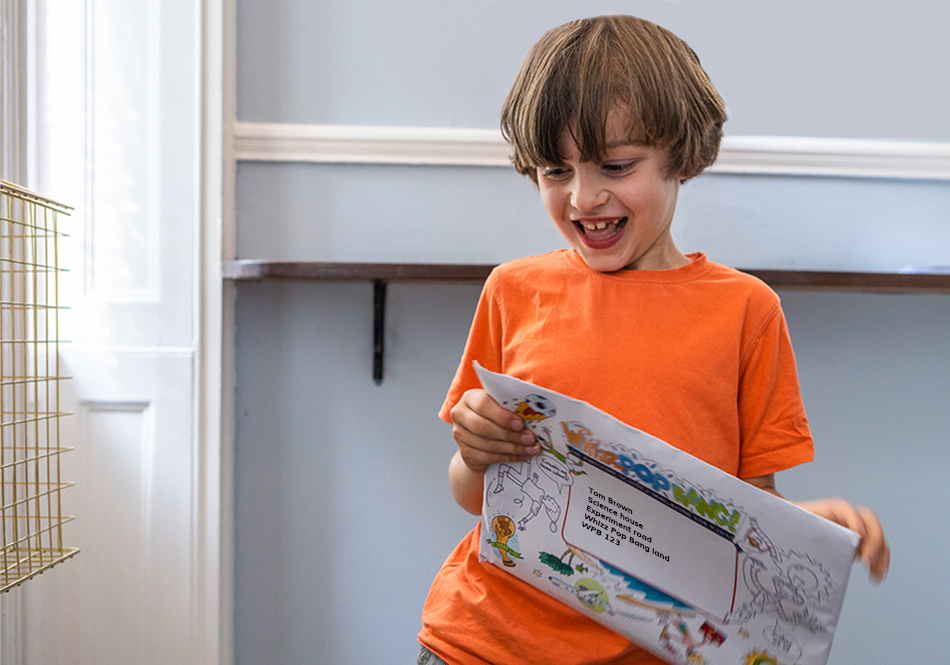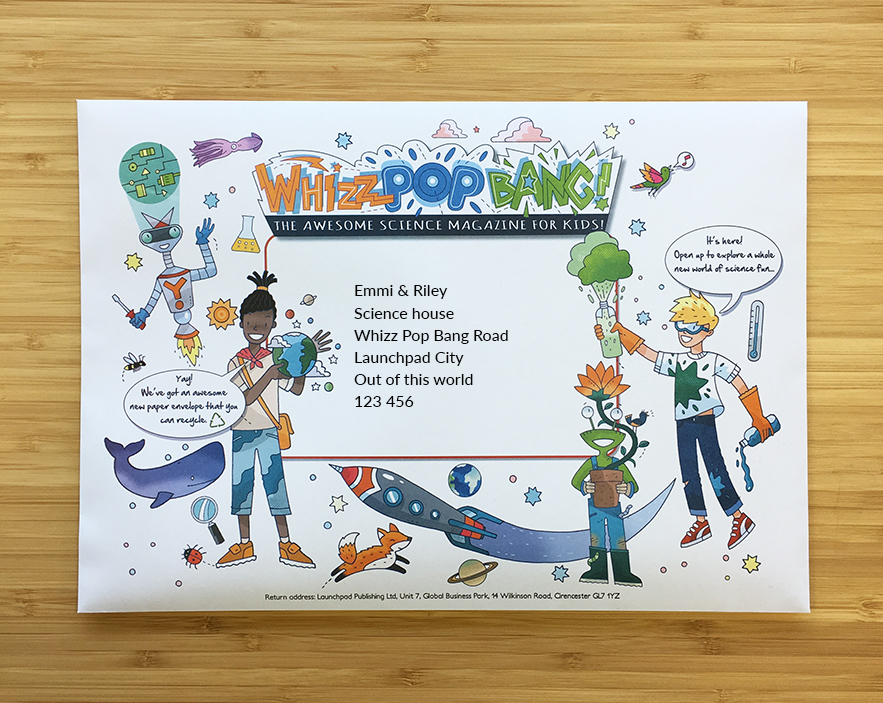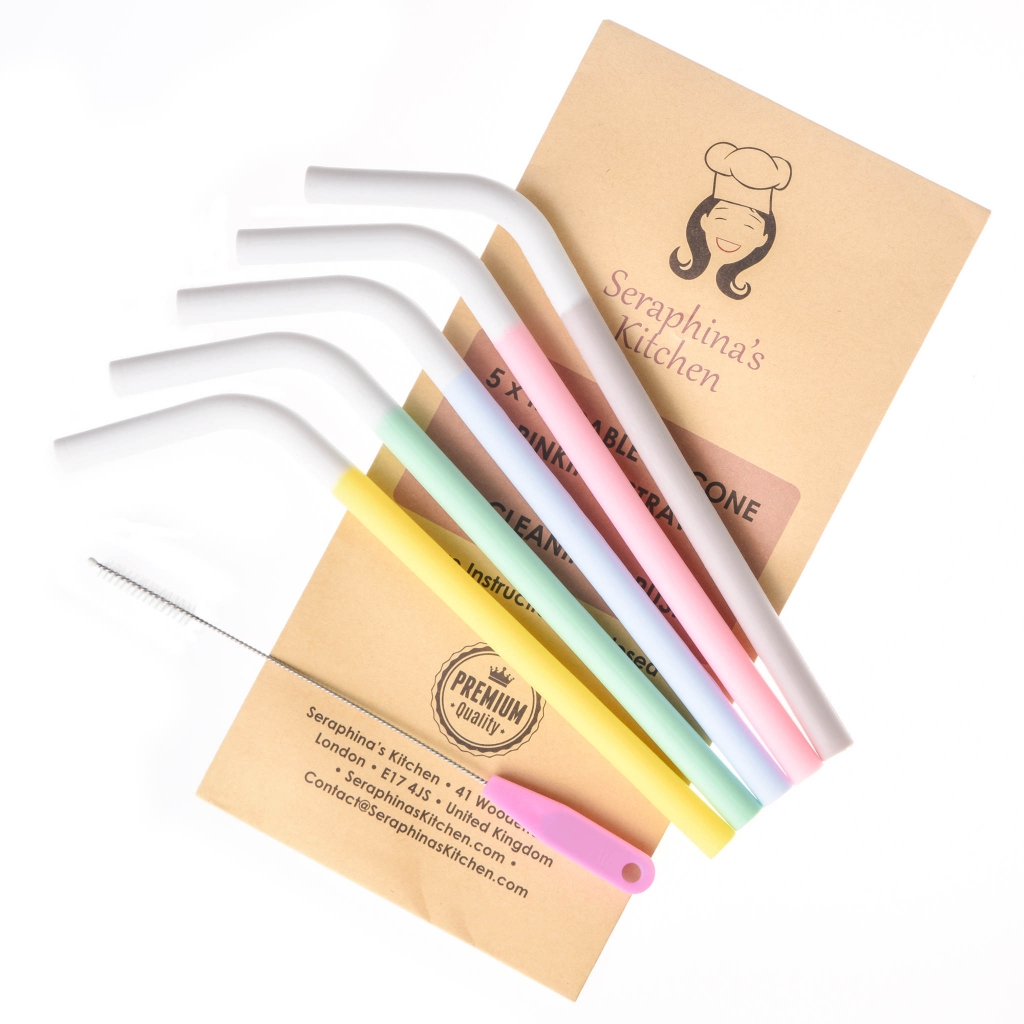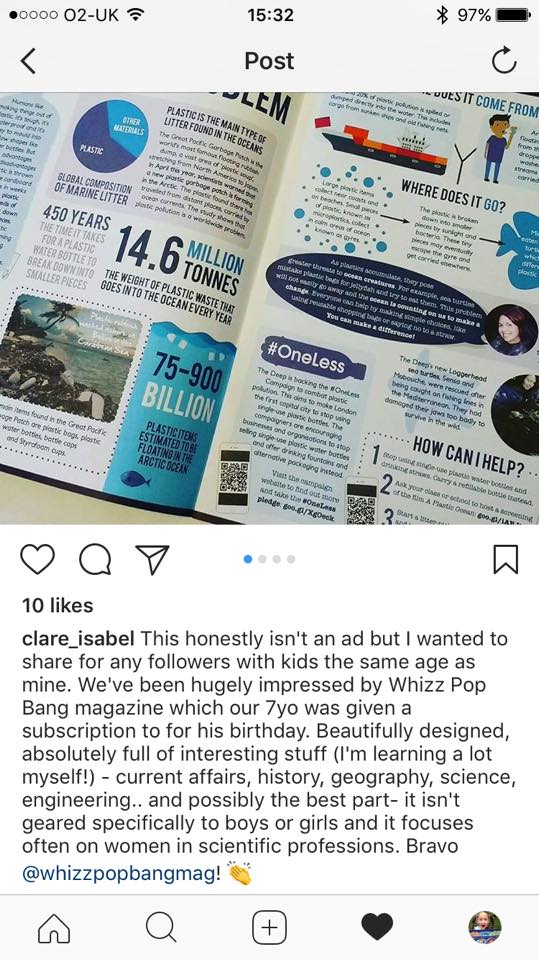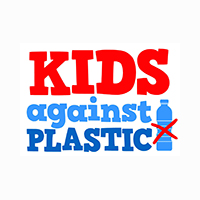British Science Week is a ten-day celebration of science, technology, engineering and maths for kids, families and schools everywhere. Get inspired and join millions of mini scientists experimenting and having fun learning about the awesome world of science.
This year British Science week is 9th to 18th March, so it’s time to get organized with your science activities!
We’ve got loads of ideas to bring science week to life in your school, so let’s get started. You will need your Whizz Pop Bang magazines (not a subscriber? Order back issues here at £3.75 per mag including delivery) and access to a colour photocopier.
Whizz Pop Bang scrapbook

This idea came from primary science teachers Kathryn Horan and Toby Tyler. Every week a couple of the children in the class take home a Whizz Pop Bang magazine to share with their families.
For this you will need a scrapbook and a plastic wallet for each magazine. Prepare an instruction sheet to go with each one:
Welcome to our Whizz Pop Bang scrapbook!
There are no specific rules about what you should do with the magazine, you could…
- Write about what you found particularly interesting
- Draw or stick in photos of any experiments you did
- Write in any additional research you have done
- Write a review of the magazine
- Read it together with older or younger siblings
- Try out some of the experiments
- Enter any competitions
- Tweet what you have done to the magazine’s Twitter account, @whizzpopbangmag
- Write and send a letter in to the letters page
- Carry out some more research around the topics in the magazines
Whatever you do, we’d love to hear about it at school, so be sure to let us know or add something into the scrapbook. Have fun!
Inspirational scientists posters

Cover the classroom in posters of inspirational, sensational scientists! In every issue of Whizz Pop Bang there’s a double-page spread focusing on famous scientists who made history with their discoveries and inventions. Photocopy the spreads and pin up to inspire your pupils!
Interview with a real scientist…

Find out what real scientists do in their everyday jobs on our interview pages. We’ve interviewed over 30 scientists ready to inspire girls and boys to be our scientists of the future! To buy a back issue visit our back issues shop.
Issue 1: Becky Smith, Chocolate scientist
Issue 2: Karen Ladenheim, Robotics scientist, Stanford University
Issue 3: Lynn Whitfield, Bat ecologist
Issue 4: Dr Steve Brusatte, Palaeontologist, Edinburgh University
Issue 5: Rob Lambert, Antarctic explorer and polar scientist
Issue 6: Tim Peake, Astronaut
Issue 7: Susan Cheyne, Conservation biologist (orangutans)
Issue 8: Misha Lotto, young scientist, Blackawton Bees Project
Issue 9: Josie Campbell, Vet
Issue 10: Shane Cronin, Volcanologist (New Zealand)
Issue 11: Jennifer Andon, Entomologist
Issue 12: Dr Maddalena Bearsi, Marine biologist
Issue 13: Prof Robert Winston, Medical scientist, Imperial College
Issue 14: Sarah Shelley, Fossil hunter
Issue 15: Helen Czerski, Bubble scientist
Issue 16: Abbie Hutty, Mars Rover engineer
Issue 17: Lara Aknin, Psychology professor (gift-giving)
Issue 18: Emma Burke, Penguin aquarist
Issue 19: Ian Gilby, Primatologist, Tanzania
Issue 20: Caoimhe Doyle, Foley Artist, sound effect engineer
Issue 21: Amy Dejong, Food scientist, University of Wisconsin
Issue 22: Payton Barnwell, Nanotechnologist, Florida Polytechnic Uni
Issue 23: Dave Goulson, Bumblebee biologist
Issue 24: Huw James, Science adventurer
Issue 25: Alex Hildred, Maritime archaeologist
Issue 26: Cierra Martin, Seed guardian
Issue 27: Toby Gemmill, Orthopaedic vet
Issue 28: Dr Sheyna, Martian (sort of)
Issue 29: Richard Stammers, Visual effects artist
Issue 30: Andres Ruzo, Geothermal Scientist
Issue 31: Lisa Elser, Gem cutter
To buy a back issue (for just £3.75 inc delivery) visit our back issues shop.
10 Awesomely Amazing…

Every issue of Whizz Pop Bang science magazine looks at 10 awesomely amazing things on that month’s topic. Looking at engineering as part of the year of engineering? Take a look at ENGINEERING EXTRAVAGANZA (issue 16) with 10 Awesomely Amazing bizarre buildings, including a toilet-shaped building in Korea! Studying the human body? Check out SPECTACULAR SKELETONS (issue 27) and the 10 Awesomely Amazing bionic body parts, from 3D printed prosthetic hands to ancient Egyptian artificial toes. Is your topic plants this term? Kids love reading about the 10 Awesomely Amazing harvests from around the world in our SUPER SEEDS (issue 26), did you know there are chillies that melt latex gloves?
Quiz Pop Bang

All Whizz Pop Bang magazines are packed full of science puzzles and a quiz to test your pupil’s science knowledge. There are also word searches, jokes, riddles and brain teasers for every age and ability. Turn wet play into a festival of science fun and games!
Experiments!
There are hundreds of simple hands-on science experiments and activities in Whizz Pop Bang magazine, and for each one we outline what you need, what to do, and you will find making it ideal for primary school teachers who may not have a science background. Perfect for curious kids and teachers looking for simple science ideas! Check out our bulk discounts for schools here and celebrate British Science Week 2018 with a Whizz, Pop and a Bang!

What is The Great Science Share?
Following on from British Science Week there are several events going on around the UK. Use these ideas for your Great Science Share; a national campaign to engage young people in sharing science with new audiences.
PIONEERED IN MANCHESTER – MAKING A DIFFERENCE UK-WIDE
